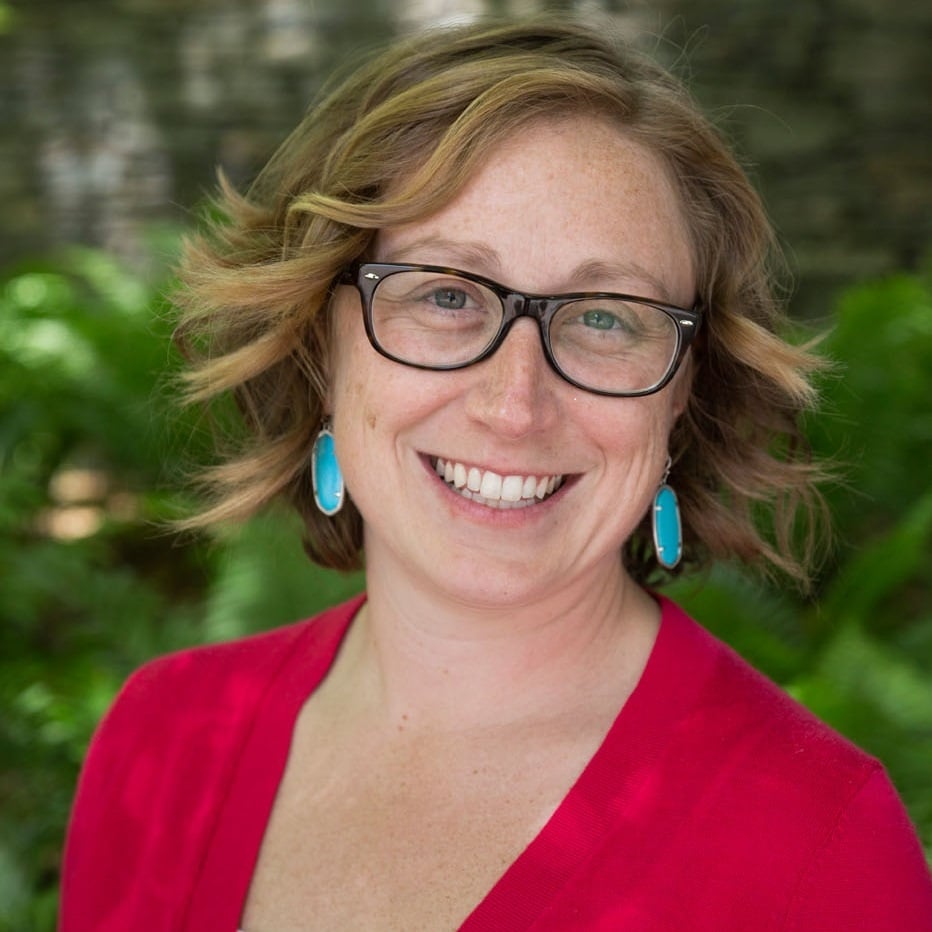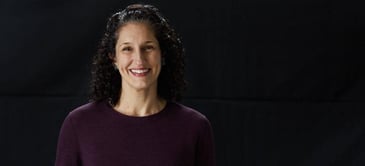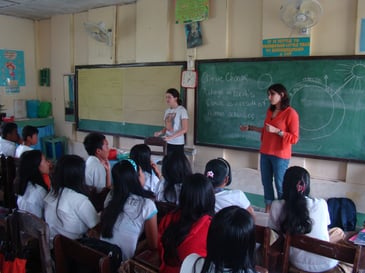You Are Not an Island: How Aspiring Leaders Can Develop Their Sustainability Power Network
-891746-edited.jpg?noresize)
No man — or woman — is an island.
This proverbial expression, originally the first line of a poem by John Donne, contains a lot of wisdom. Donne’s poem goes on to say, “any man’s death diminishes me, / Because I am involved in mankind.”
These lines of Donne’s capture the way environmentally conscious people think about their existence in the global, natural ecosystem. The death of any species, the threat of climate change, the oppression of any marginalized group diminishes our own life because we are all connected.
Although we are all connected, it’s easy to feel isolated and powerless--like an island--in the face of the enormous environmental challenges we face. This is why aspiring environmental leaders need to consciously cultivate their network of mentors and green warriors.
Dr. Eban Goodstein, director of the Bard Center for Environmental Policy, has decades of experience helping young climate champions find fulfilling careers in sustainability, embracing sustainable leadership practices along the way. One of Dr. Goodstein's articles, “From College to Sustainability Career in Four Steps,” addresses the crucial issue of working in a network.
Here’s what this sustainability expert has to say about why and how to find a power network if you want to make a difference in a sustainability-focused career. The following is an excerpt from his article.
Networking means collecting a group of supporters who are genuinely interested in you and the contributions that you can make to local and global sustainability challenges. A power network is one in which your network members are powerful people; power is simply the ability to make change.
There is power in song, intellect, charisma, diversity, access to resources, empowering others, poetry, positions in hierarchy, empathy, effective teamwork, and storytelling, to name some.
To make change, you need to surround yourself with, and learn from, people who have these powers.
Alan Atkission says sustainability professionals need to “play with power.” Note his triple meaning: play with power (be creative and have fun in the work you do); play with power (don’t waste your career time or your network building with people who don’t have power); and play with power (bring your own power to the game). How does one build a power network? In this wired world, it is straightforward.
Find the powerful people—the people doing the most effective work in your field in your city—and offer to help them.
As a student, here is one strategy:
- In your chosen location, find the three organizations doing the most interesting work.
- In each of those organizations, find one person doing the most interesting project—perhaps they have written an article or blog post about it.
- Write or call the person and ask to interview him or her for an article you are writing about leadership in the X industry in Y city. Interview the contact, and write the article. Show what a good analyst and writer you are. Demonstrate thought leadership in the field.
- Publish the article in your student newspaper or on a blog. If you can’t find a place, we will publish it on the Bard Center for Environmental Policy (CEP) EcoReader Blog.
- Send the link to the article to each of the interviewers.
What happens then? They send it to their mom. And when they write to thank you, then you can say, “by the way, I am looking for work or an internship in your field, and do you have time to meet for coffee?” Notice the key to networking is not first asking for help, but rather first offering to help. In this day and age, each of us can be a journalist; we can always help others simply by creating exposure for their ideas.
A great reference on networking, and a host of other career strategies, is a book in which authors Billy Parish and Dev Ajula wisely observe that “even though we imagine ourselves to be masters of our own lives, we inevitably become a kind of average of the 15 people we spend the most time with.” The book, Making Good: Finding Meaning, Money, and Community in a Changing World, provides specific additional guidance on how to build powerful “inner” and “outer” networks.




-1.jpg?width=365&name=IMG_7806%20(1)-1.jpg)
